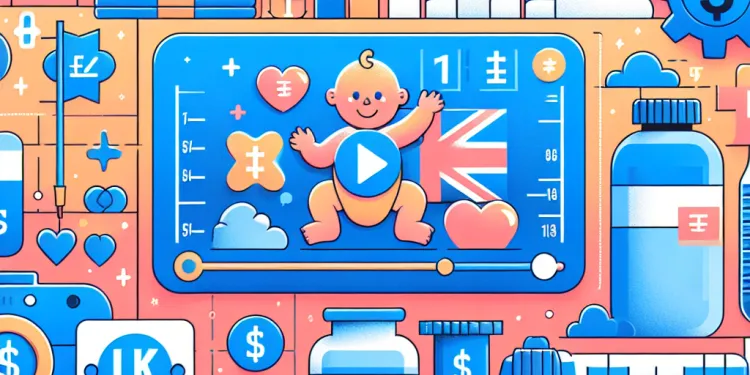
Find Help
More Items From Ergsy search
-
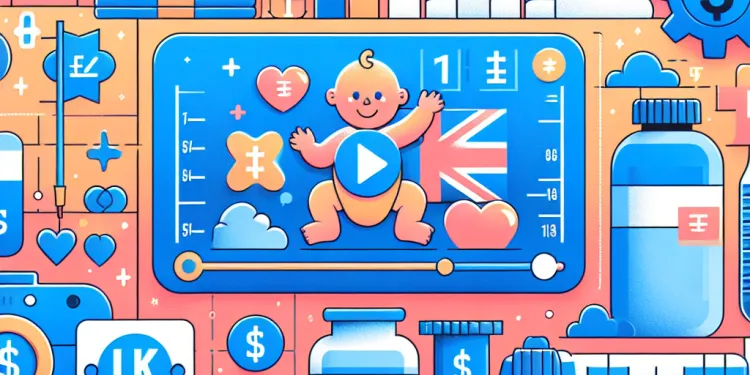
Children's Vaccination Schedule
Relevance: 100%
-

At what age should children receive the MMR vaccine?
Relevance: 59%
-
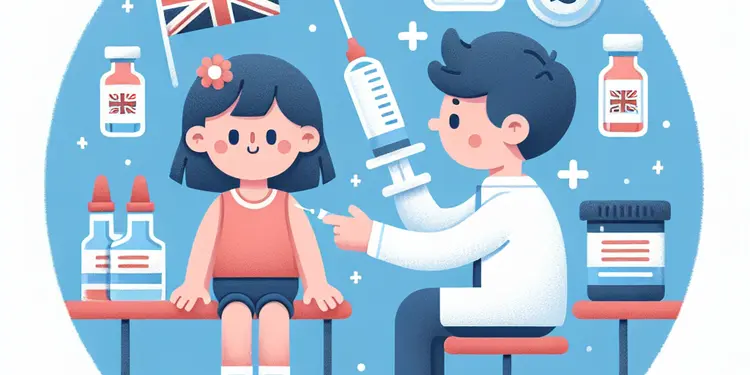
At what age should children receive the meningococcal vaccine?
Relevance: 59%
-
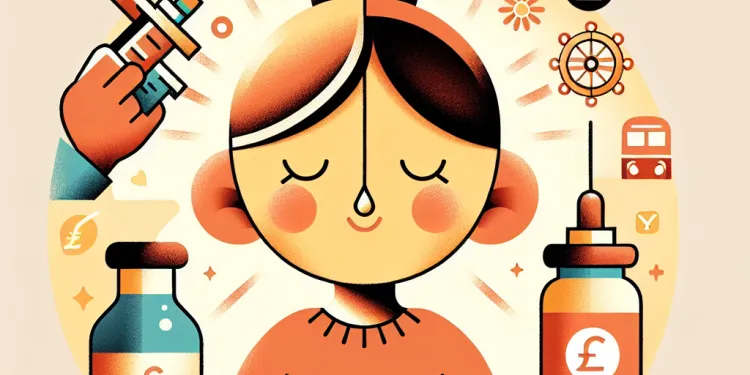
Can children receive the flu vaccine as a nasal spray?
Relevance: 50%
-
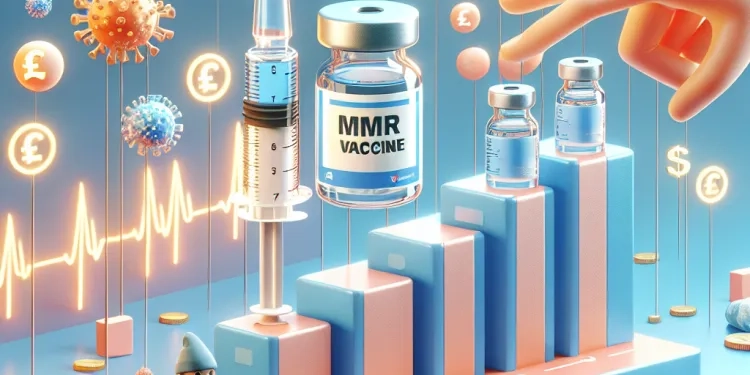
At what age is the MMR vaccine given in the UK?
Relevance: 47%
-
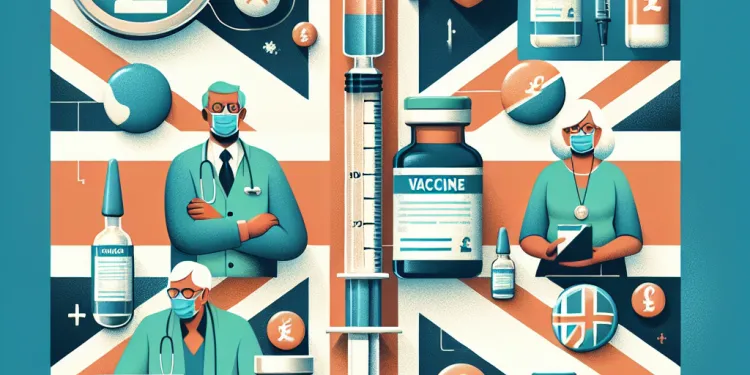
Why do some vaccines require multiple doses?
Relevance: 45%
-
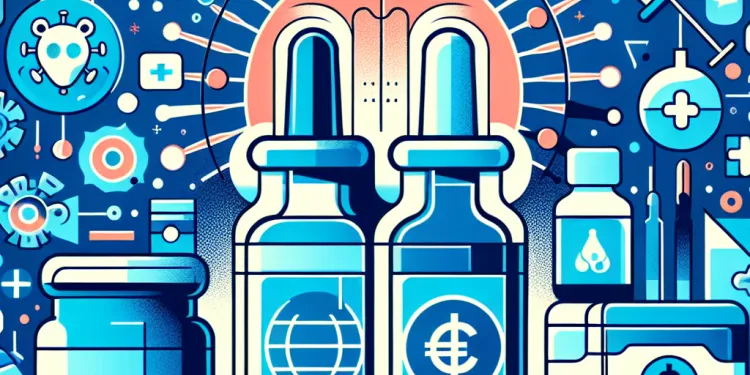
How effective is the MMR vaccine?
Relevance: 44%
-

Are there vaccines for meningitis?
Relevance: 44%
-
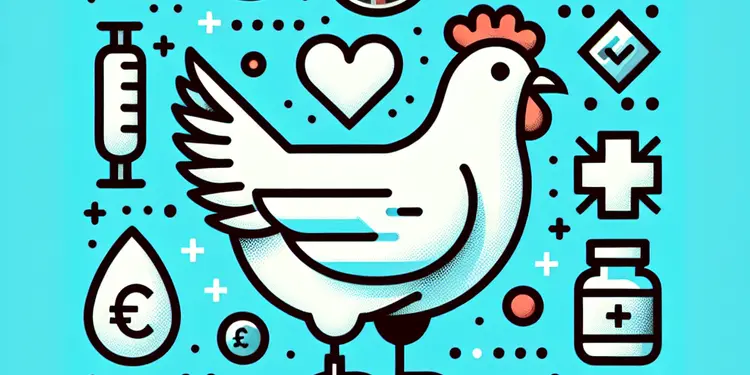
Should I get the chickenpox vaccine?
Relevance: 44%
-
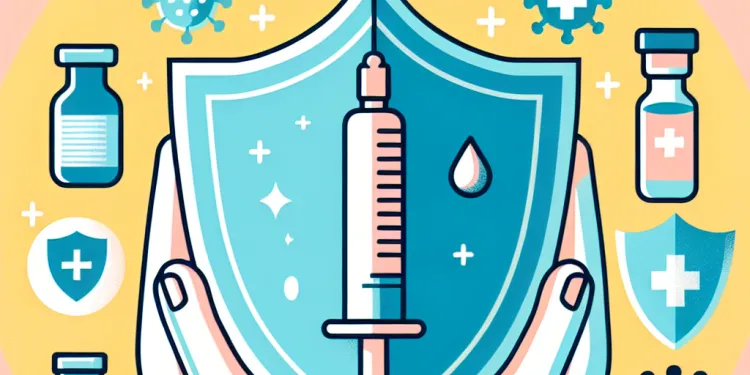
Who should receive the MMR vaccine?
Relevance: 43%
-
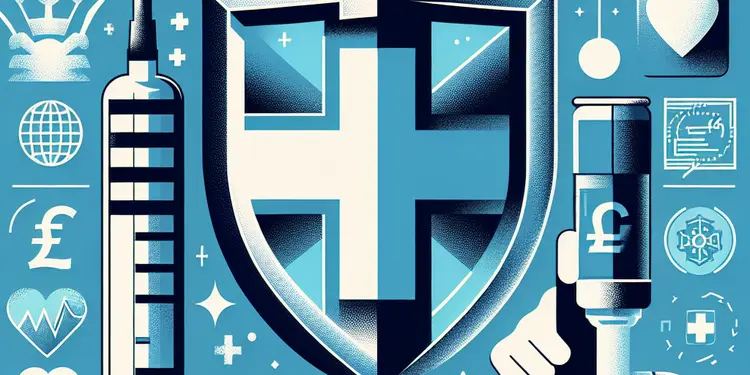
How effective is the MMR vaccine?
Relevance: 43%
-

What is the MMR vaccine?
Relevance: 41%
-

Are infants recommended to receive the meningococcal vaccine?
Relevance: 41%
-

What are the guidelines for meningitis vaccination for HIV-infected individuals?
Relevance: 41%
-
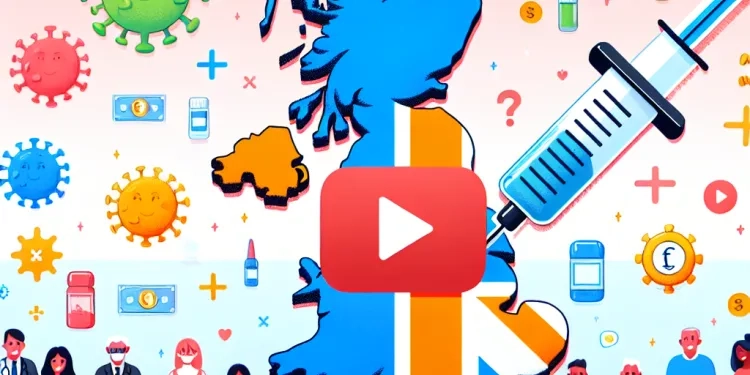
What is the current measles vaccination coverage in the UK?
Relevance: 41%
-

Where can I get the flu vaccine?
Relevance: 41%
-
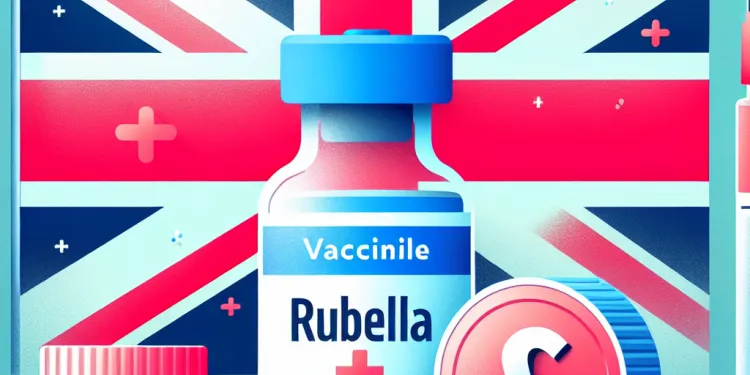
Who should receive the Rubella vaccine?
Relevance: 40%
-

Can everyone receive vaccines?
Relevance: 40%
-

Is there a vaccine for H3N2?
Relevance: 39%
-

Are there any specific groups that should prioritize meningitis vaccination?
Relevance: 38%
-

When is the best time to get the flu vaccine?
Relevance: 38%
-

How does the type of case impact the court schedule?
Relevance: 38%
-
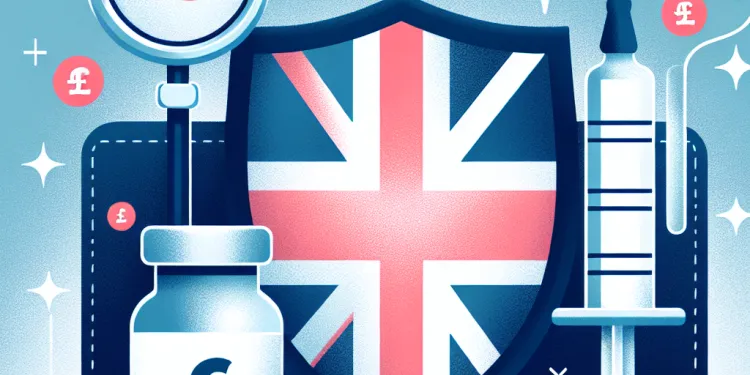
Why are vaccines important?
Relevance: 38%
-
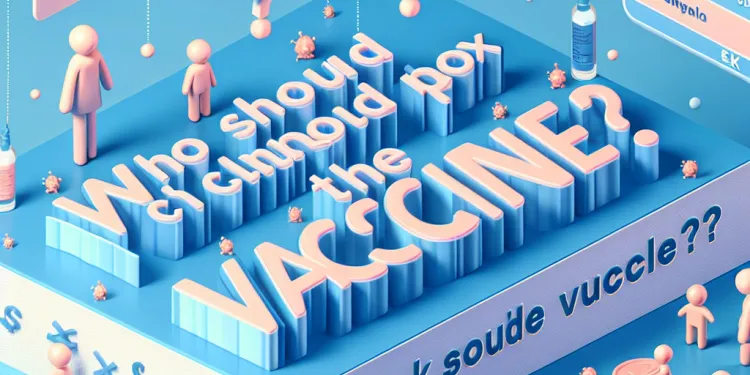
Who should get the chickenpox vaccine?
Relevance: 38%
-

Is the flu vaccine free for everyone in the UK?
Relevance: 37%
-

Is there a different recommendation for the MenACWY and MenB vaccines?
Relevance: 37%
-

What steps can improve vaccine effectiveness?
Relevance: 37%
-

Is there a vaccine for impetigo?
Relevance: 37%
-

Who should get the flu vaccine in the UK?
Relevance: 36%
-
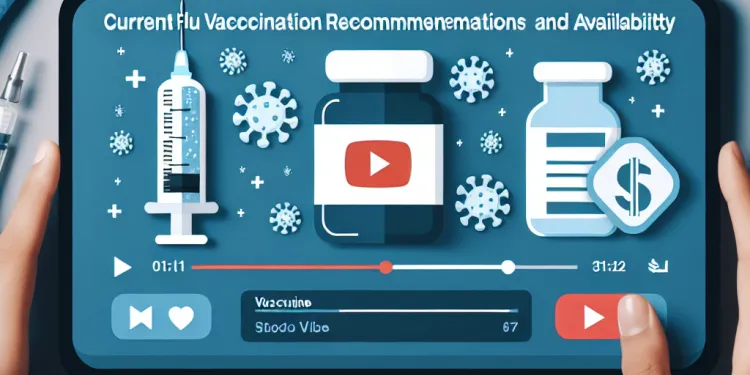
Current Flu Vaccination Recommendations and Availability
Relevance: 36%
-
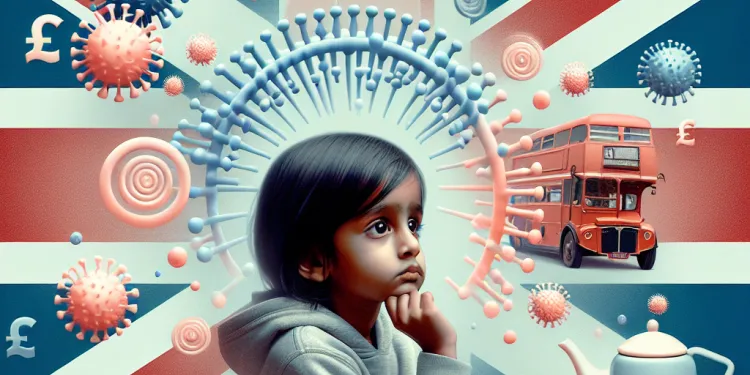
Are children more affected by new variants of COVID?
Relevance: 36%
-
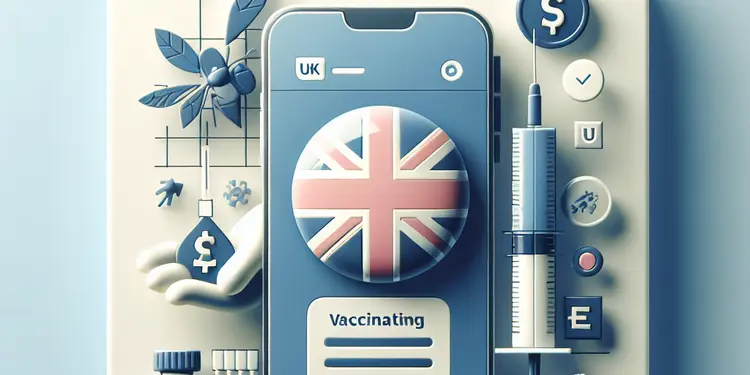
Are any vaccines available in the UK for mosquito-borne diseases?
Relevance: 36%
-

Are there vaccination recommendations for people with compromised immune systems?
Relevance: 36%
-

What is a vaccine?
Relevance: 36%
-

Can I receive other vaccines at the same time as the COVID jab?
Relevance: 35%
-
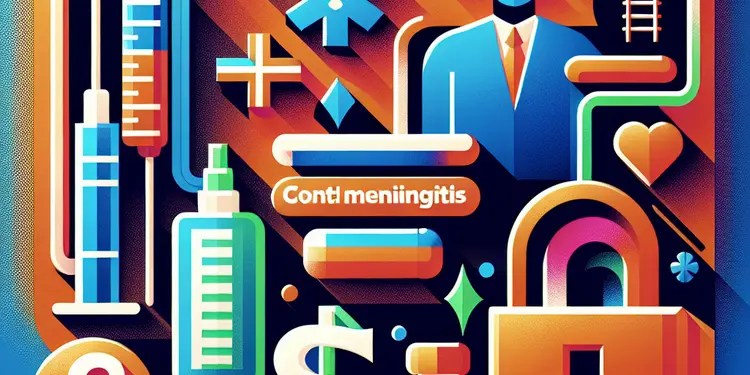
Are adults over 25 recommended for meningitis vaccination?
Relevance: 35%
-
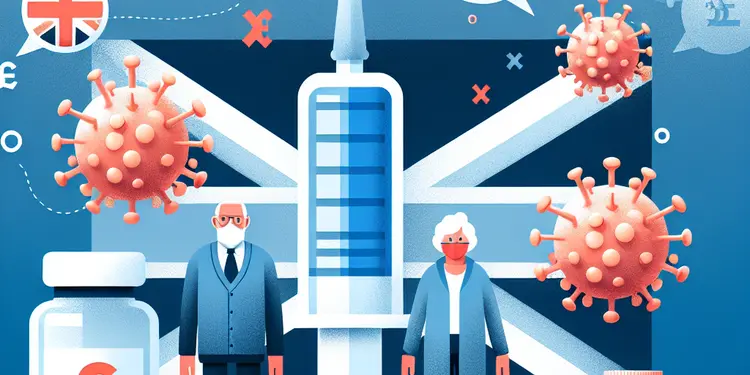
Is vaccination recommended for seniors against meningitis?
Relevance: 35%
-

Why are vaccination rates declining in the UK?
Relevance: 35%
-
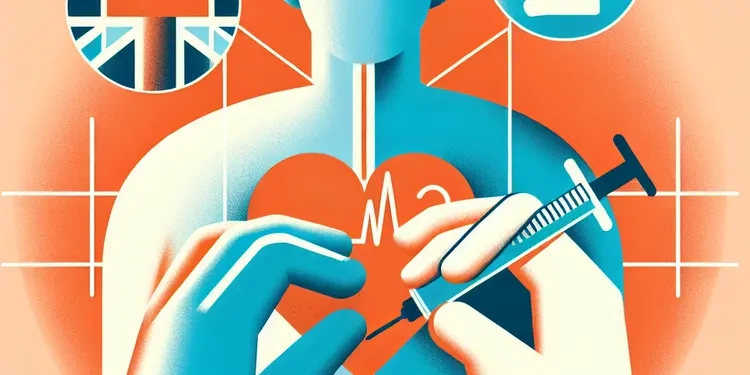
Who should get a meningitis vaccination?
Relevance: 34%
-
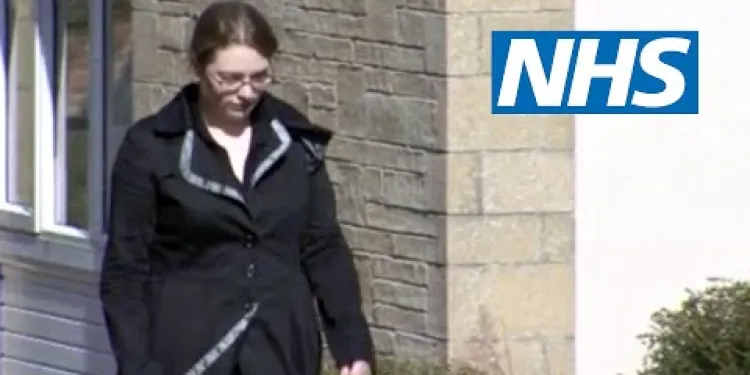
Lupus in children | NHS
Relevance: 34%
Children's Vaccination Schedule: An Essential Guide for UK Parents
Introduction to Vaccinations
Vaccinations play a crucial role in safeguarding children against various infectious diseases. They work by stimulating the immune system to recognize and fight specific pathogens, providing long-lasting protection. For parents and guardians in the United Kingdom, understanding the recommended vaccination schedule for children is essential to ensure their health and well-being. This guide provides an overview of the key vaccinations and the ages at which they should be administered.
Vaccination Schedule for Infants and Toddlers
The UK's routine immunisation schedule covers all children from birth through adolescence. The journey begins shortly after birth with the BCG vaccine, recommended for infants in areas with high tuberculosis rates. At 8 weeks, babies receive their first set of primary vaccines, including the 6-in-1 vaccine (diphtheria, tetanus, pertussis, polio, HiB, and hepatitis B), the PCV vaccine (pneumococcal), the Rotavirus vaccine, and the MenB vaccine (meningococcal group B). The same primary vaccines are administered again at 12 weeks and 16 weeks, forming a critical initial defense against various illnesses.
Childhood Vaccinations: 1 to 4 Years Old
Children receive their first MMR vaccine (measles, mumps, and rubella) around their first birthday, along with a booster for PCV and MenB vaccines. At 3 years and 4 months, a pre-school booster dose of the 4-in-1 vaccine (diphtheria, tetanus, pertussis, and polio) is given alongside the second dose of the MMR vaccine. These boosters ensure continued immunity as children grow and are exposed to more social environments like nurseries and pre-schools.
School-Aged Children and Teenagers
As children enter school age, additional vaccines are recommended to protect them during their school years. At 12-13 years, girls and boys are offered the HPV vaccine to protect against human papillomavirus, which can lead to cervical cancer and other cancers. Around 14 years, the teenager receives the 3-in-1 booster (tetanus, diphtheria, and polio) and the MenACWY vaccine, which protects against four strains of meningococcal disease.
Ensuring Timely Vaccinations
It's crucial for parents to follow the recommended vaccination schedule and ensure their children receive all necessary immunisations on time. The NHS provides free vaccines as part of its immunisation programme, and healthcare providers keep detailed records to help parents stay on track. Appointments can be made with local GPs, and NHS reminder services are available to assist in keeping up with the schedule.
Conclusion
Vaccinating children according to the UK's recommended schedule is one of the most effective ways to protect them from serious and potentially life-threatening diseases. By keeping up with the vaccination timetable, parents can help ensure their children—and the wider community—remain healthy and safe. For more information, visit the NHS immunisation webpage or consult with healthcare professionals.
Children's Vaccination Plan: A Simple Guide for UK Parents
Vaccinations: What They Are
Vaccinations help keep children safe from diseases. They teach the body to fight germs, so kids don’t get sick. In the UK, it's important for parents to know when their child needs these vaccines. This guide tells you about the important vaccines and when your child should get them.
Vaccination Plan for Babies and Little Children
In the UK, all children get vaccines from the time they are born until they are teenagers. Babies start with the BCG vaccine if they live in places where there's a lot of tuberculosis (TB). When your baby is 8 weeks old, they get the first set of vaccines. These include the 6-in-1 vaccine (for diphtheria, tetanus, whooping cough, polio, HiB, and hepatitis B), the PCV vaccine, the Rotavirus vaccine, and the MenB vaccine. Babies get these important vaccines again at 12 weeks and 16 weeks. This helps keep them safe from different illnesses.
Vaccinations for Children Ages 1 to 4 Years
Around their first birthday, children get their first MMR vaccine. This protects against measles, mumps, and rubella. They also get booster shots for PCV and MenB. At 3 years and 4 months, kids get the 4-in-1 booster (for diphtheria, tetanus, whooping cough, and polio) along with the second MMR dose. These help protect kids as they start going to nurseries and pre-schools.
Vaccinations for School Kids and Teens
When kids start school, they get more vaccines to keep them healthy. At 12-13 years old, both girls and boys get the HPV vaccine. This vaccine helps prevent some types of cancer. At about 14 years old, teens get the 3-in-1 booster (for tetanus, diphtheria, and polio) and the MenACWY vaccine, which protects against four kinds of meningitis.
Keeping Up with Vaccinations
It is very important for parents to follow the vaccine schedule. This means getting the vaccines at the right time. The NHS gives free vaccines and keeps records to help parents remember. You can make vaccine appointments with your local doctor. The NHS has reminder services to help you keep track of when the next vaccine is due.
Conclusion
Getting vaccines on time helps protect children from serious diseases. It also helps keep the community safe. Parents can visit the NHS website or talk to doctors and nurses for more information about vaccines. By following the vaccine plan, you help keep your child and others healthy.
Frequently Asked Questions
What vaccines are included in the UK children's vaccination schedule?
The UK children's vaccination schedule includes vaccines for diseases such as diphtheria, tetanus, pertussis (whooping cough), polio, Haemophilus influenzae type b (Hib), hepatitis B, rotavirus, meningococcal disease, measles, mumps, rubella, and human papillomavirus (HPV) among others.
At what age should my child receive their first vaccination?
In the UK, the first vaccination is typically administered at 8 weeks of age. This is the 6-in-1 vaccine which protects against diphtheria, tetanus, pertussis, polio, Hib, and hepatitis B.
Why are vaccines given at such an early age?
Vaccines are given early to protect infants and children from serious, potentially life-threatening diseases. Young children are particularly vulnerable to these diseases, so early vaccination is crucial.
Are vaccines safe for my child?
Yes, vaccines are thoroughly tested for safety and effectiveness before they are approved for use. The benefits of vaccination far outweigh the risks of possible side effects.
What are the common side effects of vaccinations?
Common side effects of vaccinations are usually mild and may include redness or swelling at the injection site, mild fever, and irritability. Serious side effects are rare.
How do vaccines work?
Vaccines work by stimulating the immune system to produce antibodies against specific diseases without causing the disease itself. This helps the body to recognize and fight the infection if exposed to it in the future.
Can my child receive vaccines if they are unwell?
If your child has a minor illness, such as a cold, they can still receive vaccines. However, if they have a fever or a more serious illness, it may be recommended to wait until they have recovered.
What should I do if my child misses a scheduled vaccination?
If your child misses a scheduled vaccination, contact your GP or health visitor as soon as possible to arrange a catch-up appointment.
Is it necessary to vaccinate my child if the diseases are rare?
Yes, it is important to vaccinate even if the diseases are rare because vaccines help to maintain low levels of these diseases and prevent outbreaks. Vaccination protects both your child and the wider community.
Are there any vaccines that are required before my child starts school?
Yes, before starting school, children in the UK should have received vaccinations including the MMR (measles, mumps, and rubella) vaccine and the 4-in-1 pre-school booster which protects against diphtheria, tetanus, pertussis, and polio.
Can vaccines cause autism?
No, extensive research and studies have shown that there is no link between vaccines and autism. Vaccines are safe and important for preventing serious diseases.
Why does my child need a flu vaccine every year?
The flu virus changes every year, and the flu vaccine is updated annually to provide protection against the most common strains for the upcoming flu season.
Where can I find the full children's vaccination schedule?
The full children's vaccination schedule is available on the NHS website and can also be obtained from your GP or health visitor.
What should I do if my child has an allergic reaction to a vaccine?
Allergic reactions to vaccines are rare, but if your child shows signs of a severe allergic reaction, such as difficulty breathing or swelling of the face and throat, seek immediate medical attention. Additionally, inform your GP who can provide further guidance.
How can I prepare my child for their vaccination appointment?
You can prepare your child by explaining what to expect and reassuring them that it will be quick. Bring their favourite toy or comfort item to the appointment to help them feel more at ease.
What vaccines do kids in the UK get?
Children in the UK get certain vaccines to keep them healthy. Vaccines help protect from bad germs and sickness.
If you want to learn more or if this is hard to understand, ask a doctor or nurse.
In the UK, children get vaccines to protect them from getting sick. These vaccines stop diseases like diphtheria, tetanus, and whooping cough. It also includes vaccines for polio, Hib, hepatitis B, rotavirus, meningitis, measles, mumps, rubella, and HPV.
When should my child get their first vaccine?
Your child should get their first shot (vaccine) when they are a baby. This is to help keep them healthy. Your doctor can tell you the best time to start.
Here are some tips to help:
- Talk to your doctor or nurse. They can help you understand.
- Use a calendar to mark when your child gets their shots.
- Ask a family member or friend to go with you to the doctor, if you need help.
In the UK, babies get their first shot when they are 8 weeks old. This shot is called the 6-in-1 vaccine. It helps protect against 6 illnesses: diphtheria, tetanus, pertussis (whooping cough), polio, Hib, and hepatitis B.
Why do we get vaccines when we are young?
Vaccines help keep us healthy. Getting vaccines when you are young can protect you from getting sick. If you have questions, ask a grown-up to help. You can also use pictures or videos to learn more.Vaccines help keep babies and children safe from very bad sicknesses. These shots are important because young children can get sick easily. Getting vaccines early helps protect them.
Are vaccines safe for my child?
Vaccines help keep your child healthy. They stop diseases. Doctors and scientists check them to make sure they are safe.
If you worry, talk to your child's doctor. Ask questions. They can explain more to help you understand.
Using pictures or videos may also help explain how vaccines work.
Yes, vaccines are checked to make sure they are safe and work well before we use them. Getting vaccines is much better than worrying about side effects.
What things can happen to your body after getting a vaccine?
Vaccines can have side effects, but they are usually not bad. You might get:
- Red or swollen skin where you got the shot
- A little fever
- Feel a bit grumpy
Serious side effects don't happen often.
How do vaccines work?
Vaccines help your body fight germs and stay healthy. They teach your body to be strong against germs without getting sick first.
Here is how they work:
- Vaccines have tiny, safe pieces of germs.
- When you get a vaccine, your body learns to fight those germs.
- Your body makes special soldiers called antibodies.
- These antibodies help you not get sick if real germs come later.
Vaccines protect you and help keep other people healthy, too! If you want to learn more, ask a grown-up or a doctor. A picture book about vaccines could help you understand more.
Vaccines help protect us from getting sick. They teach the body to fight diseases. They do this without making us sick. This way, if we meet the disease later, our body can fight it off.
If you want help reading this, you can use tools like audiobooks or text-to-speech apps. They read out the words for you. Learning with a friend or family member can also make it easier.
Can my child get vaccines if they are sick?
If your child doesn't feel well, talk to the doctor. They will say if your child can get the vaccine. If your child has a cold or a little fever, it might be okay.
It's important to always check with the doctor first.
To help remember what the doctor says, you can write it down or use simple drawings. You can also ask someone you trust to come with you to the doctor's office.
If your child just has a little cold, they can still get their vaccines. But, if they have a fever or are really sick, it's better to wait until they feel better.
What to Do If Your Child Misses a Vaccine
If your child misses a vaccine, stay calm. It's okay. Talk to your doctor or nurse. They will tell you what to do next.
Here are some helpful steps:
- Call your doctor's office and make a new appointment.
- Write down the new date so you remember.
- Ask your doctor any questions you have.
Useful Tips:
- Use a calendar or phone reminder to keep track of vaccines.
- Keep a record of your child's vaccines at home.
- Talk to your doctor if you are worried about vaccines.
Remember, vaccines help keep your child healthy.
If your child misses a vaccine appointment, call your doctor or health visitor quickly. They can help you set up a new time to get the vaccine.
Do I need to vaccinate my child if the diseases are not common?
Vaccines help keep your child safe from getting sick.
Even if the diseases are rare, it is still important to vaccinate.
Vaccines stop diseases from spreading to other people.
Tools to help understand more:
- Ask your doctor or nurse more about vaccines.
- Read books or watch videos made for kids about staying healthy.
Yes, getting vaccines is important even if the diseases aren't common. Vaccines keep the diseases low and stop them from spreading. Vaccines protect your child and everyone around them.
Does my child need any shots before they start school?
Yes, there are some shots that kids need before going to school. These shots help keep them healthy. You can ask your doctor which shots your child needs.
If reading is tricky, try:
- Asking someone to read with you.
- Using audiobooks or read-aloud tools.
- Highlighting important words.
Yes, before children start school in the UK, they should get some important shots.
These shots include the MMR shot. It protects against measles, mumps, and rubella.
They should also get the 4-in-1 pre-school booster shot. This shot keeps them safe from four diseases: diphtheria, tetanus, whooping cough (also called pertussis), and polio.
Parents can use reminder apps to help keep track of these vaccinations.
Do vaccines make people have autism?
Vaccines help keep us from getting sick. They do not cause autism. Some people thought vaccines caused autism, but scientists studied this a lot. They found out that there is no link between vaccines and autism.
If you want to know more, talk to your doctor. They can explain it in a way that is easy to understand. You can also ask someone you trust, like a family member, to help you learn more.
No, lots of research shows that vaccines do not cause autism. Vaccines are safe. They help stop serious illnesses.
Why does my child need a flu shot every year?
Your child needs a flu shot every year to help them stay healthy. The flu shot stops them from getting really sick.
The flu changes every year. This means last year's shot might not work this year. Getting a new shot each year gives your child the best protection.
Here are some ways to help your child if they are worried about shots:
- Explain why the shot is important in simple words.
- Hold their hand or bring a favorite toy for comfort.
- Let them know it will be quick, and they will be brave!
The flu virus changes every year. This means the flu shot is updated too. The new flu shot helps protect you from the types of flu we think will be common this year.
Where can I see the list of all children's vaccines?
You can visit your doctor's office or the local health clinic. They can give you the list.
You can also look on the internet. Visit a website like the health department's site for more information.
You can find the list of all the vaccines kids need on the NHS website. You can also ask your doctor or health visitor for it.
What can I do if my child is allergic to a vaccine?
If you think your child is having an allergic reaction after a vaccine:
- Stay calm and act quickly.
- Check if your child is breathing okay.
- Call for a doctor or an ambulance right away.
- Tell the doctor what happened so they can help.
It can be scary, but doctors are there to help. You can also use a calm voice to help your child feel better.
Allergic reactions to vaccines do not happen often. But if your child has problems like breathing trouble or their face and throat swell up, get help from a doctor right away. Also, tell your family doctor (GP) so they can help you.
How can I get my child ready for their needle appointment?
Here are some easy steps to help:
- Talk to your child. Say that they will see the doctor or nurse for a needle to keep them healthy.
- Explain that it might hurt a little, like a quick pinch. But it will be over fast.
- Bring a toy, book, or game they like. It can help them feel calm.
- Stay calm and smile. Your child will feel better if you are happy.
- If your child is worried, ask the doctor to help explain.
Good luck, you are doing a great job!
You can help your child get ready by telling them what will happen. Let them know it will be over fast. Bring their favorite toy or something that makes them feel happy to the appointment. This will help them feel better.
Useful Links
Have you found an error, or do you have a link or some information you would like to share? Please let us know using the form below.
-->
This website offers general information and is not a substitute for professional advice.
Always seek guidance from qualified professionals.
If you have any medical concerns or need urgent help, contact a healthcare professional or emergency services immediately.
Some of this content was generated with AI assistance. We’ve done our best to keep it accurate, helpful, and human-friendly.
- Ergsy carfully checks the information in the videos we provide here.
- Videos shown by Youtube after a video has completed, have NOT been reviewed by ERGSY.
- To view, click the arrow in centre of video.
- Most of the videos you find here will have subtitles and/or closed captions available.
- You may need to turn these on, and choose your preferred language.
- Go to the video you'd like to watch.
- If closed captions (CC) are available, settings will be visible on the bottom right of the video player.
- To turn on Captions, click settings .
- To turn off Captions, click settings again.
More Items From Ergsy search
-

Children's Vaccination Schedule
Relevance: 100%
-

At what age should children receive the MMR vaccine?
Relevance: 59%
-

At what age should children receive the meningococcal vaccine?
Relevance: 59%
-

Can children receive the flu vaccine as a nasal spray?
Relevance: 50%
-

At what age is the MMR vaccine given in the UK?
Relevance: 47%
-

Why do some vaccines require multiple doses?
Relevance: 45%
-

How effective is the MMR vaccine?
Relevance: 44%
-

Are there vaccines for meningitis?
Relevance: 44%
-

Should I get the chickenpox vaccine?
Relevance: 44%
-

Who should receive the MMR vaccine?
Relevance: 43%
-

How effective is the MMR vaccine?
Relevance: 43%
-

What is the MMR vaccine?
Relevance: 41%
-

Are infants recommended to receive the meningococcal vaccine?
Relevance: 41%
-

What are the guidelines for meningitis vaccination for HIV-infected individuals?
Relevance: 41%
-

What is the current measles vaccination coverage in the UK?
Relevance: 41%
-

Where can I get the flu vaccine?
Relevance: 41%
-

Who should receive the Rubella vaccine?
Relevance: 40%
-

Can everyone receive vaccines?
Relevance: 40%
-

Is there a vaccine for H3N2?
Relevance: 39%
-

Are there any specific groups that should prioritize meningitis vaccination?
Relevance: 38%
-

When is the best time to get the flu vaccine?
Relevance: 38%
-

How does the type of case impact the court schedule?
Relevance: 38%
-

Why are vaccines important?
Relevance: 38%
-

Who should get the chickenpox vaccine?
Relevance: 38%
-

Is the flu vaccine free for everyone in the UK?
Relevance: 37%
-

Is there a different recommendation for the MenACWY and MenB vaccines?
Relevance: 37%
-

What steps can improve vaccine effectiveness?
Relevance: 37%
-

Is there a vaccine for impetigo?
Relevance: 37%
-

Who should get the flu vaccine in the UK?
Relevance: 36%
-

Current Flu Vaccination Recommendations and Availability
Relevance: 36%
-

Are children more affected by new variants of COVID?
Relevance: 36%
-

Are any vaccines available in the UK for mosquito-borne diseases?
Relevance: 36%
-

Are there vaccination recommendations for people with compromised immune systems?
Relevance: 36%
-

What is a vaccine?
Relevance: 36%
-

Can I receive other vaccines at the same time as the COVID jab?
Relevance: 35%
-

Are adults over 25 recommended for meningitis vaccination?
Relevance: 35%
-

Is vaccination recommended for seniors against meningitis?
Relevance: 35%
-

Why are vaccination rates declining in the UK?
Relevance: 35%
-

Who should get a meningitis vaccination?
Relevance: 34%
-

Lupus in children | NHS
Relevance: 34%


